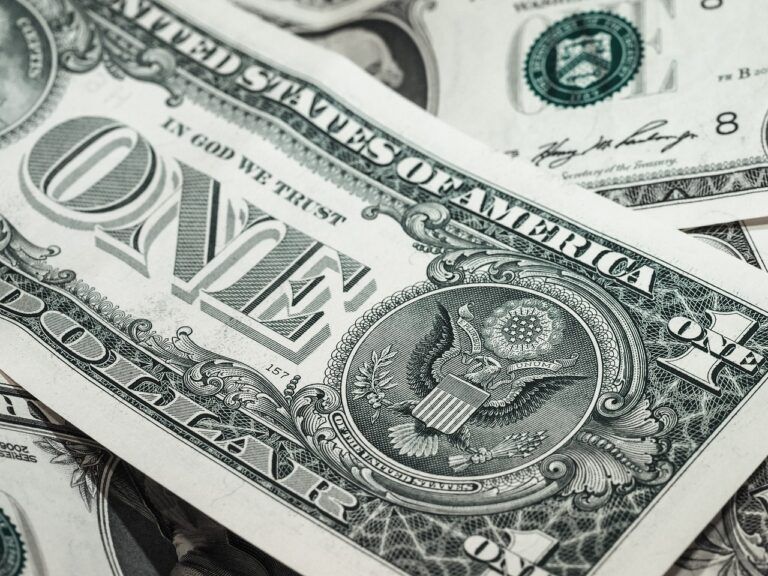In a recent analysis, economist Paul Krugman shared his thoughts on the United States’ economic performance following the release of the first quarter GDP report for 2024 by the Bureau of Economic Analysis.
Paul Krugman is a Nobel Prize-winning American economist known for his influential work in international trade theory and economic geography. A prominent commentator and columnist for the New York Times, he offers sharp analysis of economic and political issues from a progressive standpoint. Despite his accolades, Krugman’s often critical views on conservative economic policies make him a celebrated yet polarizing figure within the field.
Despite growth and inflation figures that could raise concerns, Krugman suggests a nuanced interpretation of these numbers, particularly emphasizing the volatile components that often see later revision.
The advance GDP report indicated that economic growth in the first quarter stood at 1.6 percent, a figure that fell short of prior expectations. Krugman points out that this disappointing growth rate can largely be attributed to fluctuations in inventories and imports—elements that are known for their volatility and susceptibility to significant revisions in subsequent reports. These components, he argues, do not necessarily reflect the underlying economic trend.
Instead, Krugman highlights that it might be more informative to consider “core” growth, focusing on final domestic demand, which expanded at a robust rate of 3.1 percent. This figure, according to Krugman, presents a more stable and telling indication of the domestic economic climate, suggesting a healthier underlying economic activity than the headline number might imply.
On the topic of inflation, the report also showed an acceleration, particularly in the Federal Reserve’s preferred gauge of core inflation (personal consumption expenditures excluding food and energy), which increased at an annual rate of 3.7 percent—up from 2 percent in the previous quarter. While at first glance this surge might appear alarming, Krugman advises caution in overinterpreting these results.
In his opinion piece for The New York Times, Krugman proposes that the significant jump in inflation is likely exaggerated by statistical noise. This noise may have previously understated inflation rates towards the end of 2023 and is now potentially overstating them. Krugman finds the magnitude of the inflation increase implausible, even in scenarios of an overheated economy, which current data does not seem to indicate.
Further supporting his skepticism, Krugman notes that neither purchasing managers’ indexes—which often correlate closely with official inflation figures—nor business inflation expectations, which remain slightly above pre-pandemic levels, suggest an inflationary surge of the magnitude reported.
Featured Image via Pixabay









